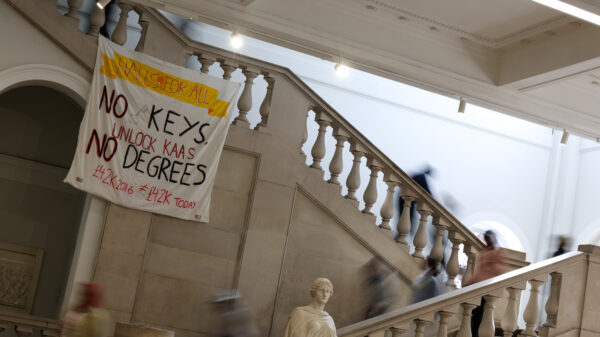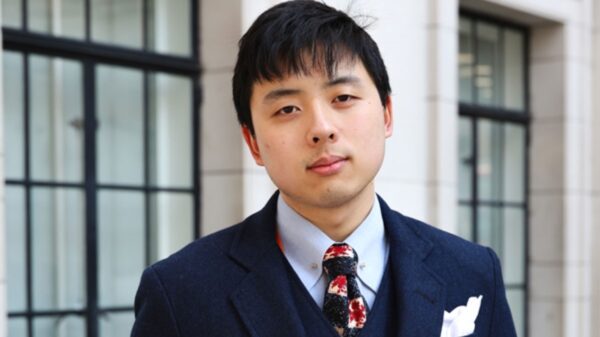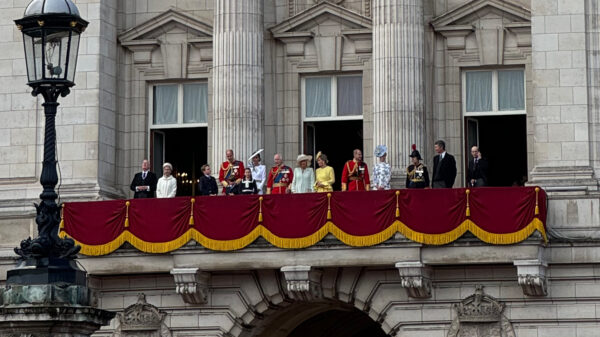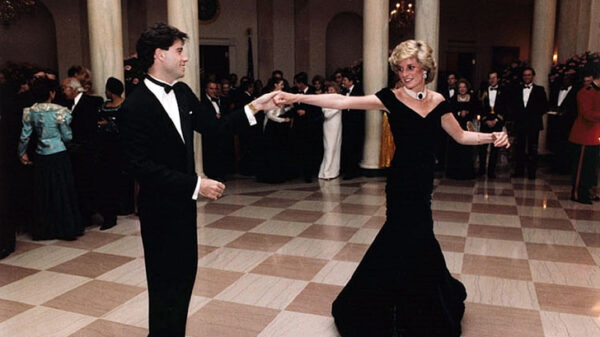Comment Editor Sam Pennifold on the recent passing of Prince Philip, the Duke of Edinburgh, and ongoing conversations surrounding his history.
His Royal Highness Prince Philip The Duke of Edinburgh has today passed away aged 99 following a brief stint in hospital. A statement from Buckingham Palace said: “It is with deep sorrow that Her Majesty The Queen has announced the death of her beloved husband, His Royal Highness Prince Philip, The Duke of Edinburgh.
“His Royal Highness passed away peacefully this morning at Windsor Castle. The Royal Family join with people around the world in mourning his loss.”
Born in Greece on 10 June, 1921, Prince Philip’s family fled to Paris after the 1922 Athens uprising. He was married to The Queen for over 70 years and was the longest surviving Royal Consort in British history. In 1956, he founded the pioneering Duke of Edinburgh award.Â
Prince Philip was made a Life Governor of King’s College London in 1955. Since then, he has had a lasting association with King’s. Evelyn Welch, the Interim President & Principal of King’s, expressed in a statement her sadness on behalf of the College for the passing of Prince Philip: “As a King’s community, we mourn the loss […] and our sincere condolences are with HM The Queen, the Royal Family, and those close to him during this time.â€
A King’s staff member, who wished to remain anonymous, told Roar they felt differently about the matter: “This was a disproportionate response to a sad but non-tragic death, to ask staff to amend their comms plans surrounding unrelated matters (which could delay getting important messages to students), in the name of performative sensitivity. Prince Philip was a powerful, wealthy and elderly man who frequently used his platform to espouse unchecked racism, too often minimised as ‘colourful’ and ‘controversial comments. ‘As a King’s community, we mourn the loss of Prince Philip’ – Who this statement supposed to represent? Not in my nameâ€.
Prince Philip has been a much-debated figure throughout his life; often making comments which some have called controversial wit, others politically incorrect statements and more than a few have called racist. His comments regarding those from former British colonies and the Commonwealth have been a particular point of contention. In recent times, debate has further intensified concerning what constitutes a person’s “right†to say whatever they want in the wake of the strongest push for civil rights and equality since that of the 60s and 70s.Â
Regardless, there has been an outpouring of sorrow regarding Prince Philip’s passing from people across the political spectrum including Boris Johnson and Keri Starmer. Public support for the royals has been wavering in recent times following popular TV show The Crown’s controversial portrayal of the Princess Dianna affair as well as Meghan Markle and Prince Harry’s explosive claims of racism towards her and her children. In spite of this, many people have now gathered outside of Buckingham Palace to pay their respects to the man by laying down flowers at the gates.
King’s students’ reactions have reflected the complex nature of Prince Philip’s character, with some calling him a “racist and complicit in the retaining of empireâ€, and others reflecting sorrow and respect for him and his wife, telling Roar he was a man who “put his service to queen and country above all elseâ€.
The Royal family is an ancient institution that reflects an older Britain, that one would hope does not, but in part does still exist. Nonetheless, Prince Philip also dedicated much of his life to loving and supporting his wife and giving to charity. His legacy shall live on in the Duke of Edinburgh foundation, which supports young people. Prince Philip’s death signals the beginning of the end for a generation of Britons who remember the Second World War and the collapse of the British Empire. In time we shall see how the Royal Family and we as a nation evolve. Prince Charles, the Prince of Wales and next in line to the throne, has already said he will be coronated as the defender of all faiths, not the faith – though he later clarified this statement, saying he would retain the latter title.Â
The response to Prince Philip’s death reflects the growing rift that exists within public discourse today. It is not known how history shall remember the man – a public servant or a racist of a gladly bygone time. What is undeniable is that to unpack his legacy, more is required than a single article.

















